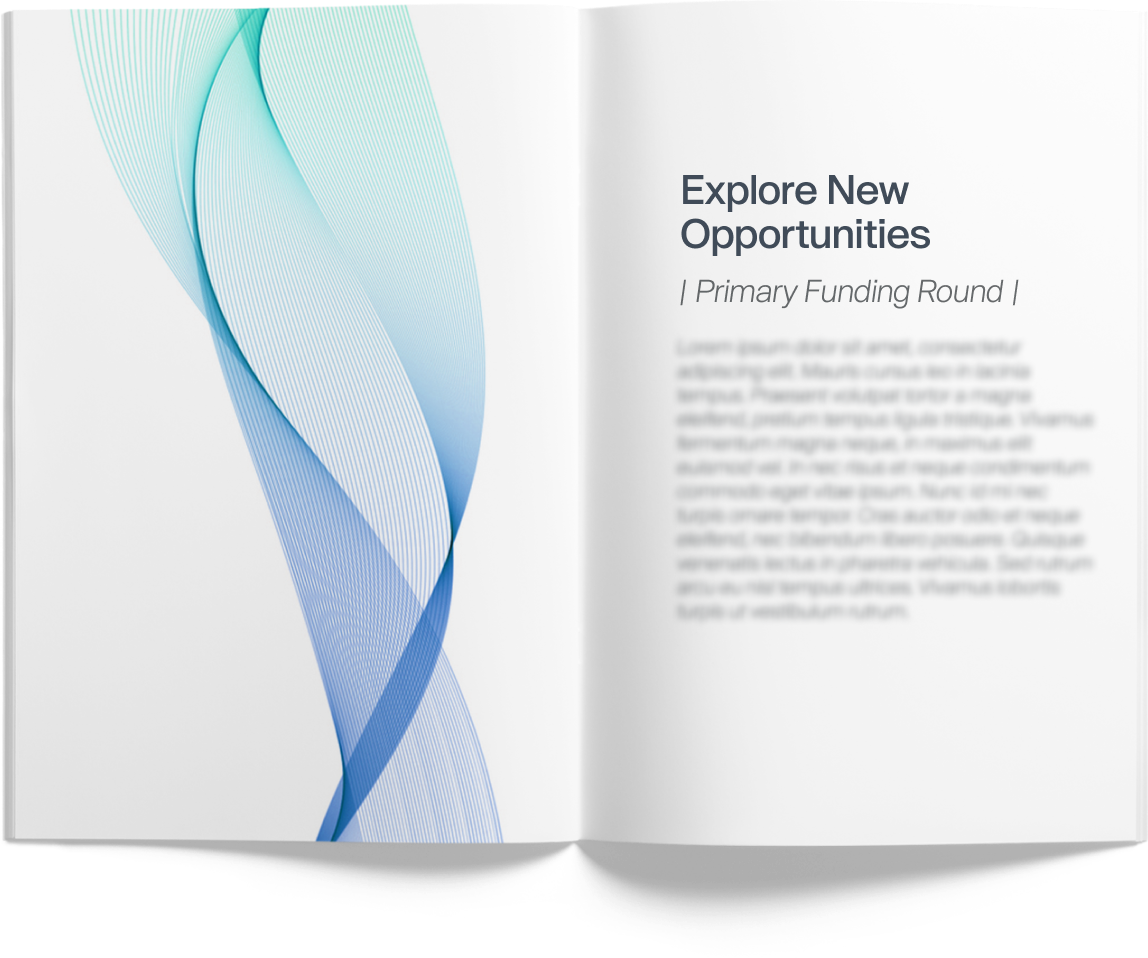Private Market Glossary
What is a primary funding round?
A primary funding round is when a company raises primary money from investors. A company’s first fundraising round is often a Series Seed, or a Seed round. Seed funding is generally used to finance a startup’s initial costs. Companies then proceed to conduct subsequent funding rounds, such as Series A, Series B, or Series C, in which the startup generally issues stock directly to investors. Money raised in these rounds is typically used to finance a company’s growth. These primary funding rounds stand in contrast to bridge rounds, which are generally smaller, less common funding rounds that take place between standard rounds and often involve the issuance of debt (which may be convertible into equity upon a future round or event) instead of equity.

A better understanding of a primary funding round
When startups want to raise money as private companies, they tend to go through a series of fundraising events over time. To first raise capital formally from external investors, many startups begin with a first primary funding round, often called a seed round. This is in contrast to “secondary” sales of stocks, which are sales by investors in a company to other investors (as opposed to sales of stock by the startup to investors – a “primary”).
From there, they might progress to a primary funding round known as Series A, which generally involves raising more capital from larger investors, such as venture capital firms.
Subsequent funding rounds (e.g., Series B, Series C, etc.) are also generally considered to be primary funding rounds. That’s because these are sales of stock by the company directly to investors (and not sales by investors to other investors – a “secondary”). But, in select cases, companies might also have events like bridge rounds (which are often issuances of debt and not equity, as noted above), which take place on a smaller scale between primary funding rounds.
What role does a primary funding round play in the private market?
Primary funding rounds help enable startups to raise money as they scale within the private market. If successful, a private company will generally progress from a pre-seed and/or seed primary round to a Series A primary round. From there, they may have subsequent primary funding rounds before transitioning from the private market to the public market by some means, such as via an IPO. Not all companies go public or even progress through multiple funding rounds. It depends on various factors regarding the company.



